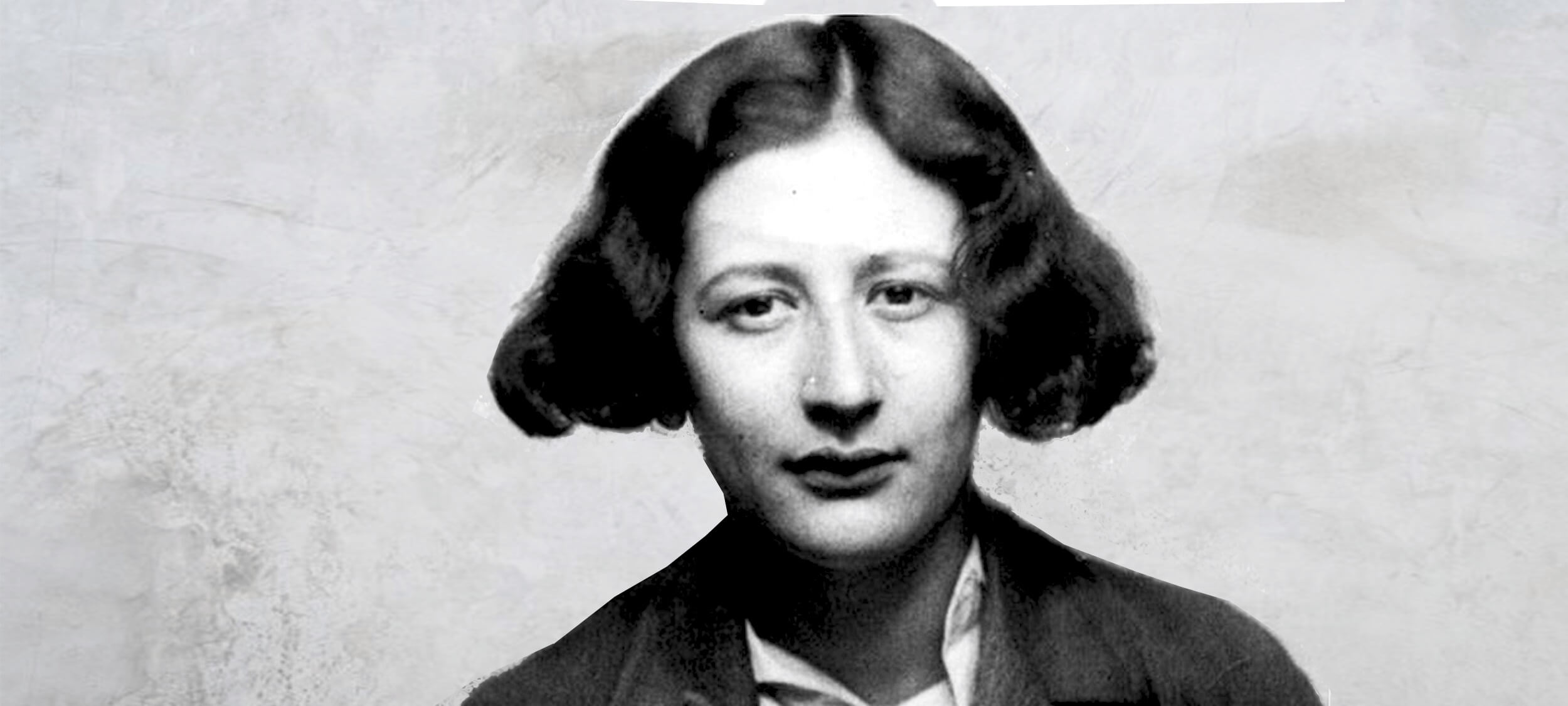
Kate Manne (1983 – present) is an Australian philosopher who works at the intersection of feminist philosophy, metaethics, and moral psychology.
While Manne is an academic philosopher by training and practice, she is best known for her contributions to public philosophy. Her work draws upon the methodology of analytic philosophy to dissect the interrelated phenomena of misogyny and masculine entitlement.
What is misogyny?
Manne’s debut book Down Girl: The Logic of Misogyny (2018), develops and defends a robust definition of misogyny that will allow us to better analyse the prevalence of violence and discrimination against women in contemporary society. Contrary to popular belief, Manne argues that misogyny is not a “deep-seated psychological hatred” of women, most often exhibited by men. Instead, she conceives of misogyny in structural terms, arguing that it is the “law enforcement” branch of patriarchy (male-dominated society and government), which exists to police the behaviour of women and girls through gendered norms and expectations.
Manne distinguishes misogyny from sexism by suggesting that the latter is more concerned with justifying and naturalising patriarchy through the spread of ideas about the relationship between biology, gender and social roles.
While the two concepts are closely related, Manne believes that people are capable of being misogynistic without consciously holding sexist beliefs. This is because misogyny, much like racism, is systemic and capable of flourishing regardless of someone’s psychological beliefs.
One of the most distinctive features of Manne’s philosophical work is that she interweaves case studies from public and political life into her writing to powerfully motivate her theoretical claims.
For instance, in Down Girl, Manne offers up the example of Julia Gillard’s famous misogyny speech from October 2012 as evidence of the distinction between sexism and misogyny in Australian politics. She contends that Gillard’s characterisation of then Opposition Leader Tony Abbott’s behaviour toward her as both sexist and misogynistic is entirely apt. His comments about the suitability of women to politics and characterisation of female voters as immersed in housework display sexist values, while his endorsement of statements like “Ditch the witch” and “man’s bitch” are designed to shame and belittle Gillard in accordance with misogyny.
Himpathy and herasure
One of the key concepts coined by Kate Manne is “himpathy”. She defines himpathy as “the disproportionate or inappropriate sympathy extended to a male perpetrator over his similarly, or less privileged, female targets in cases of sexual assault, harassment, and other misogynistic behaviour.”
According to Manne, himpathy operates in concert with misogyny. While misogyny seeks to discredit the testimony of women in cases of gendered violence, himpathy shields the perpetrators of that misogynistic behaviour from harm to their reputation by positioning them as “good guys” who are the victims of “witch hunts”. Consequently, the traumatic experiences of those women and their motivations for seeking justice are unfairly scrutinised and often disbelieved. Manne terms the impact of this social phenomenon upon women, “herasure.”
Manne’s book Entitled: How Male Privilege Hurts Women (2020) illustrates the potency of himpathy by analysing the treatment of Brett Kavanaugh during the Senate Judiciary Committee’s investigation into allegations of sexual assault levelled against Kavanaugh by Professor Christine Blassey Ford. Manne points to the public’s praise of Kavanaugh as a brilliant jurist who was being unfairly defamed by a woman who sought to derail his appointment to the Supreme Court of the United States as an example of himpathy in action.
She also suggests that the public scrutiny of Ford’s testimony and the conservative media’s attack on her character functioned to diminish her credibility in the eyes of the law and erase her experiences. The Senate’s ultimate endorsement of Justice Kavanaugh’s appointment to the Supreme Court proved Manne’s thesis – that male entitlement to positions of power is a product of patriarchy and serves to further entrench misogyny.
Evidently, Kate Manne is a philosopher who doesn’t shy away from thorny social debates. Manne’s decision to enliven her philosophical work with empirical evidence allows her to reach a broader audience and to increase the accessibility of philosophy for the public. She represents a new generation of female philosophers – brave, bold, and unapologetically political.
Ethics in your inbox.
Get the latest inspiration, intelligence, events & more.
By signing up you agree to our privacy policy
You might be interested in…
Opinion + Analysis
Health + Wellbeing, Relationships
The etiquette of gift giving
Opinion + Analysis
Relationships, Society + Culture
Joker broke the key rule of comic book movies: it made the audience think
Big thinker
Relationships
Big Thinker: Simone Weil
Big thinker
Relationships




